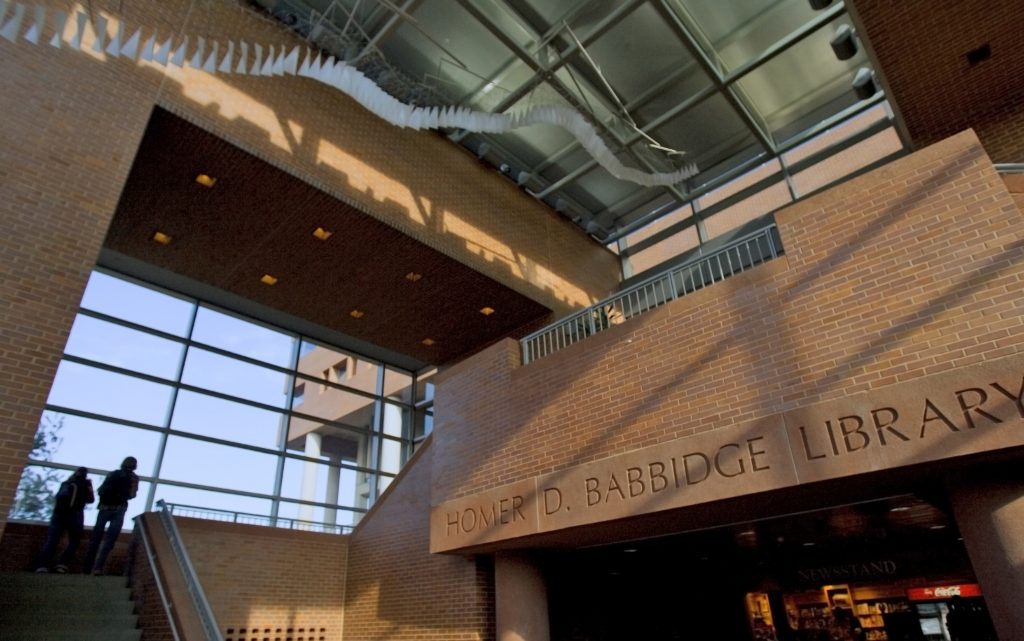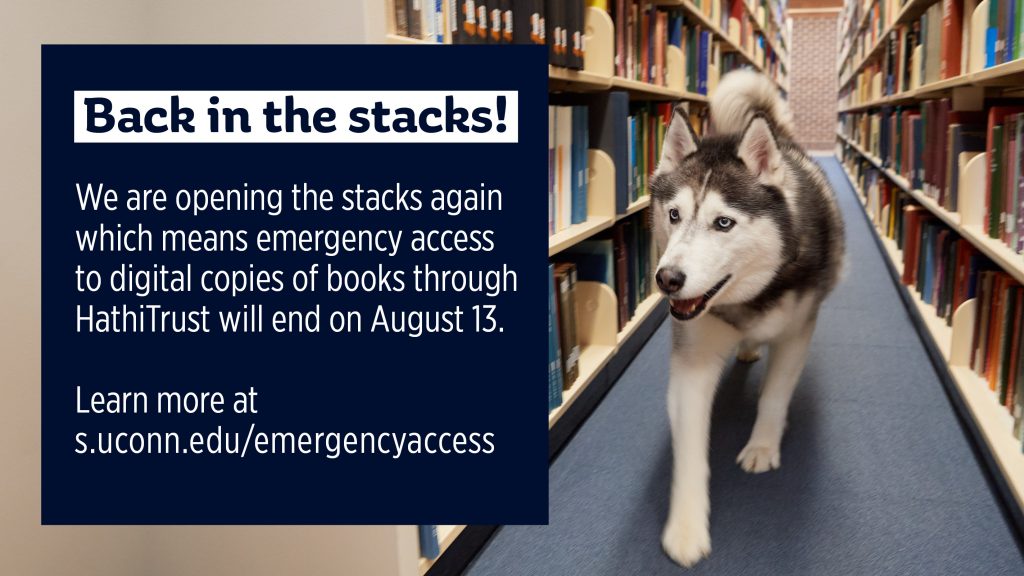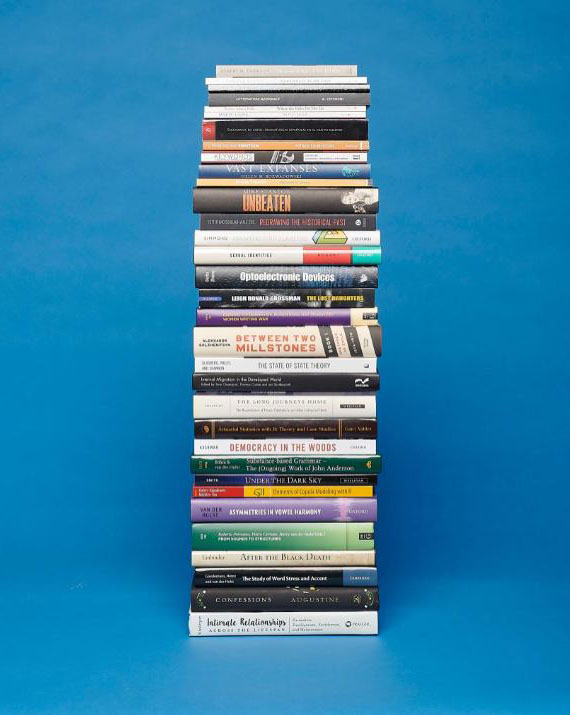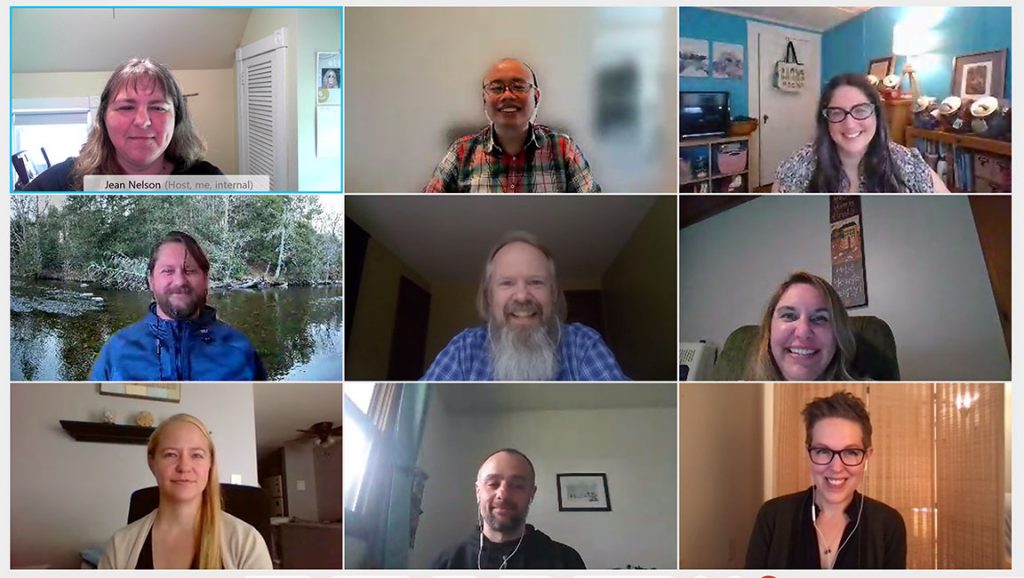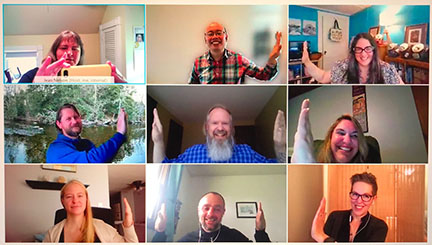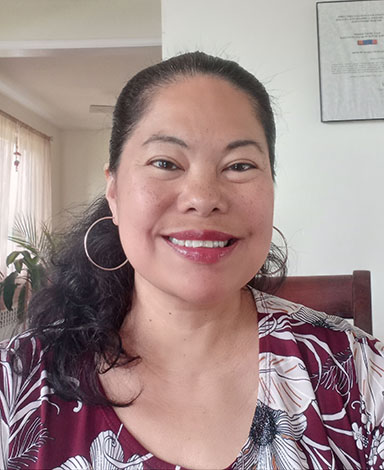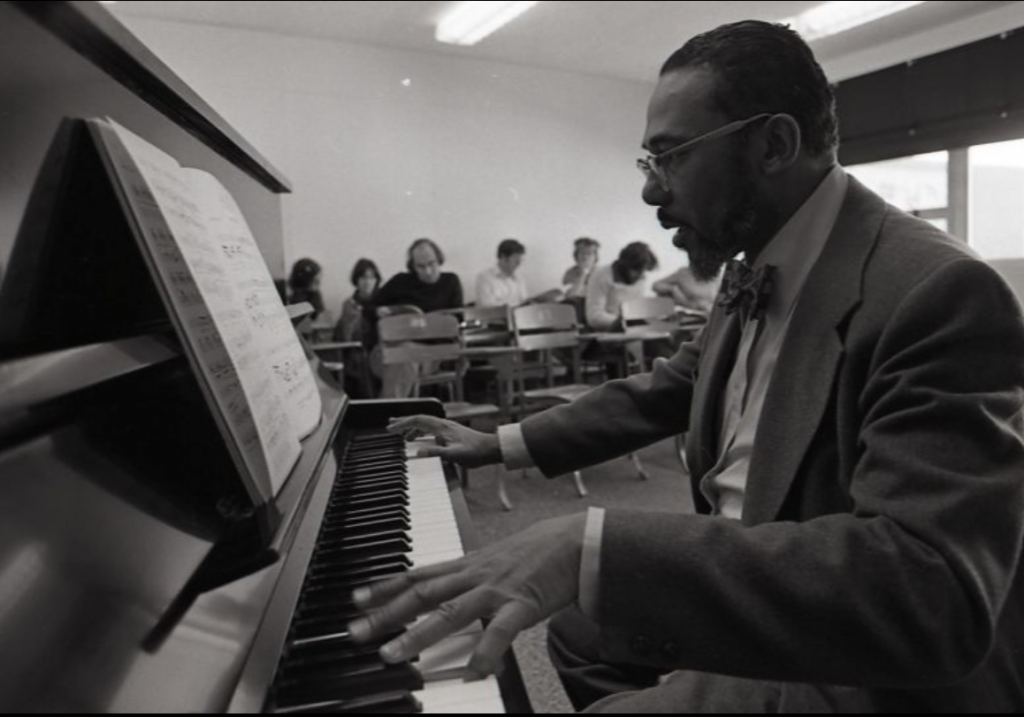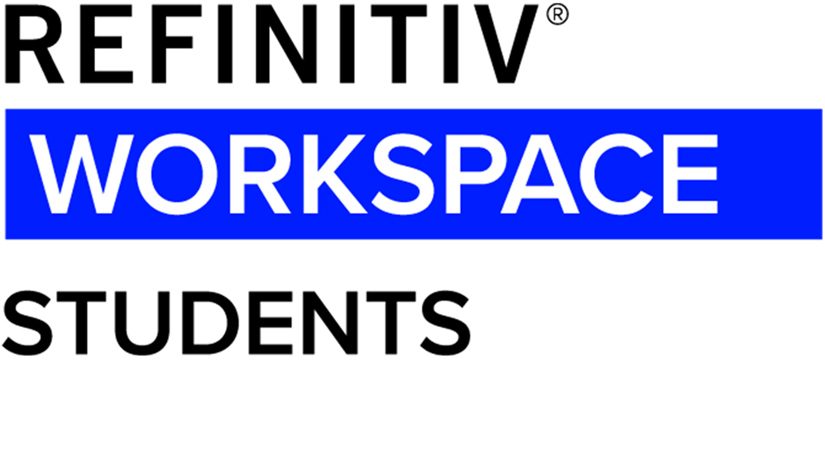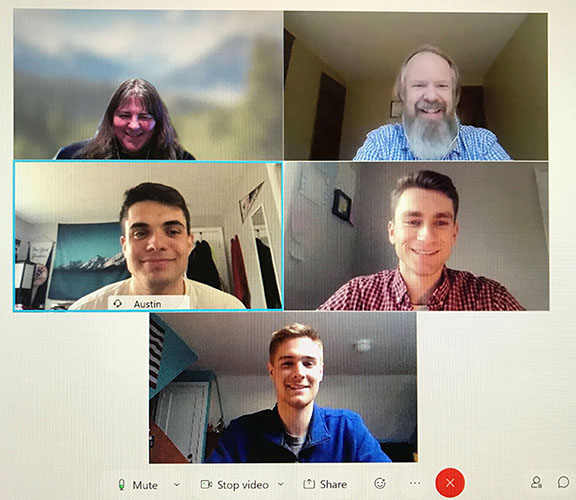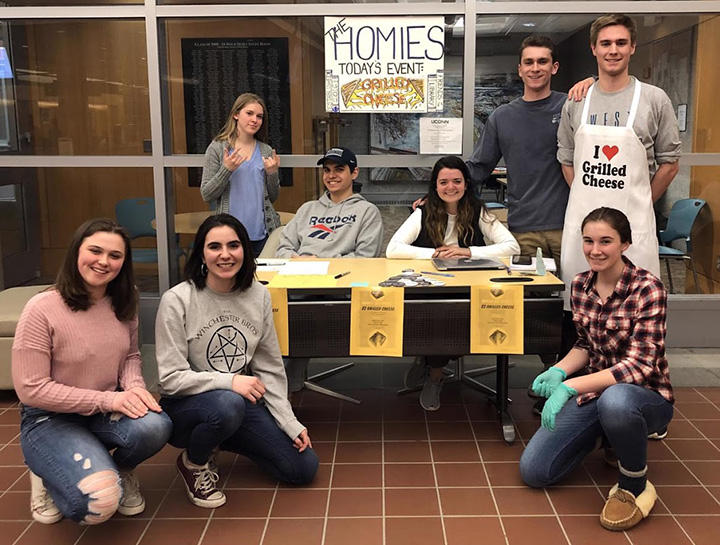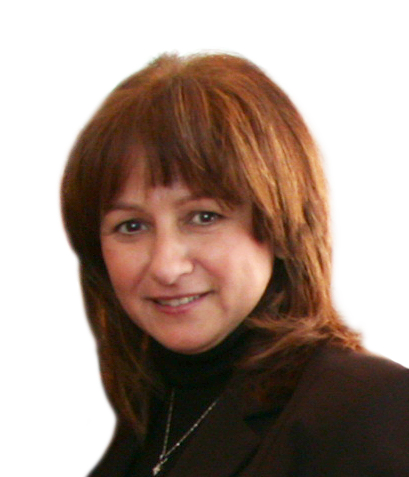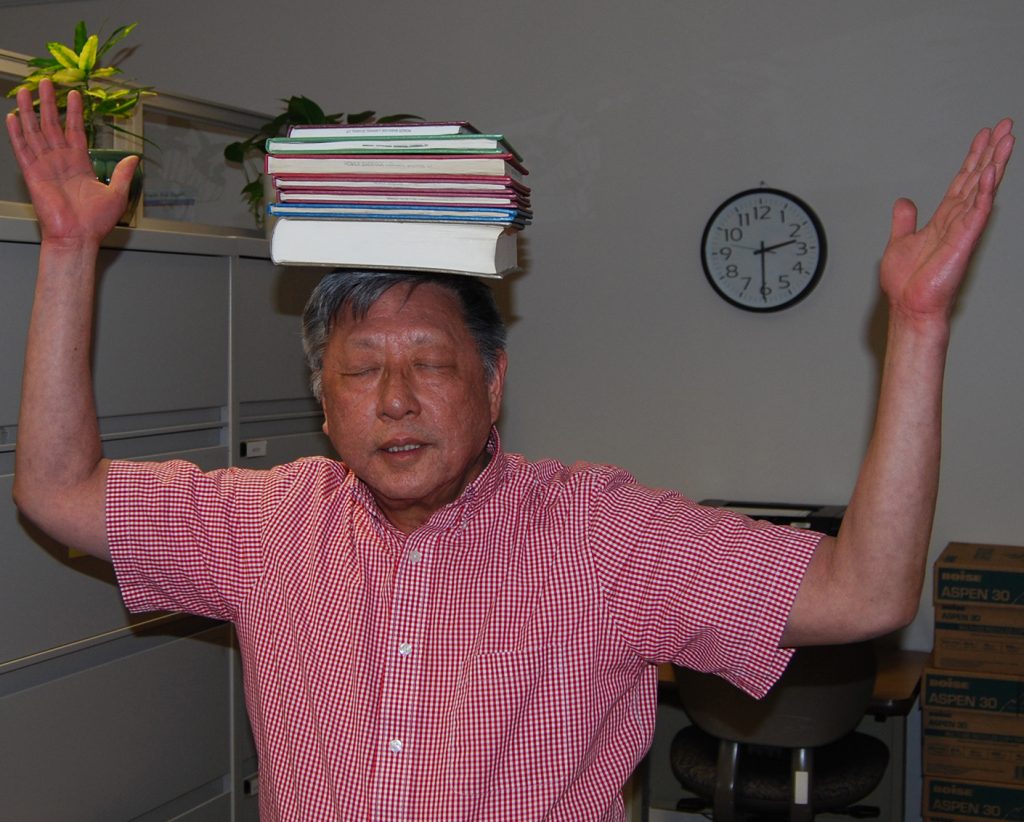UConn Library has acquired permanent online access to 650 scholarly journal archives, 2,000 scholarly books, 1,200 documentary films, and hundreds of thousands of pages of primary sources across a wide range of subjects. Unlimited access is available to all UConn faculty, students, and staff at all campuses and remote locations.
If you have questions about any of these resources, please contact ermsupport@uconn.edu or your subject specialist.
Highlights
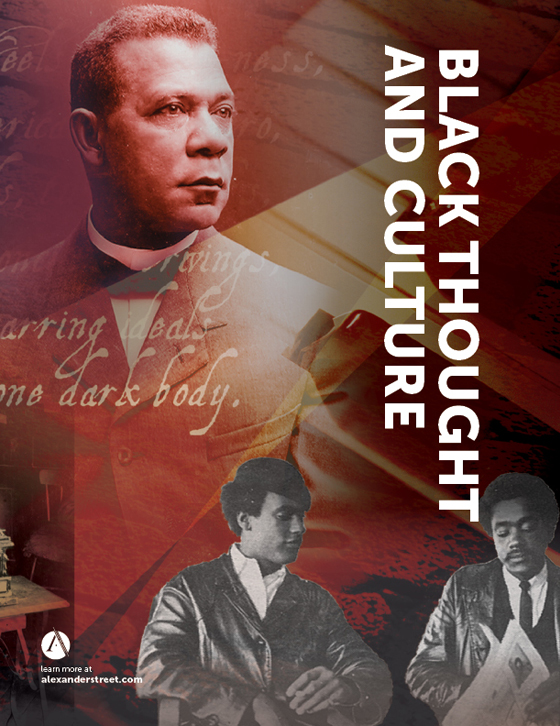
Black Thought & Culture. More than 100,000 letters, speeches, essays, interviews, and trial transcripts by Black and African American leaders in the 19th and 20th centuries.
Cambridge Companions. 720 ebooks comprising the complete Cambridge Companions. Coverage runs the gamut of humanities and social sciences: literature, music, philosophy, and more.
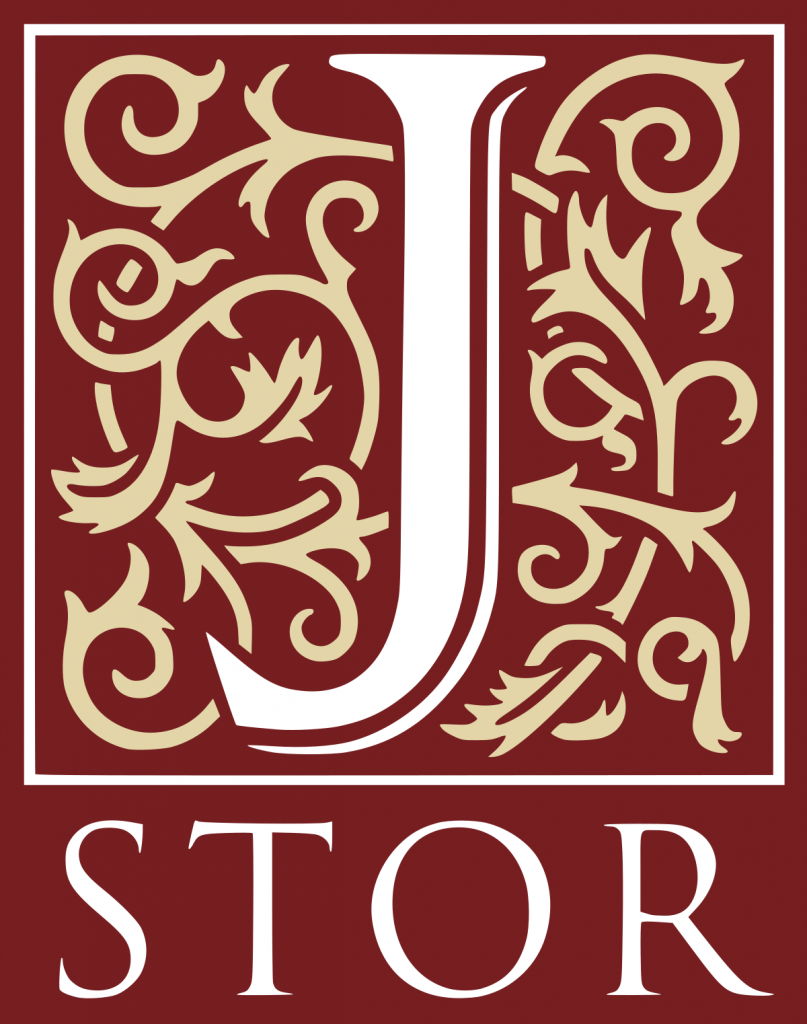
JSTOR Sustainability Collection (informational page). Complete runs of 115 scholarly journals around the theme of sustainability. Past years’ issues are added annually. Topics include policy, ecology, climate, and construction. To find a JSTOR Sustainability journal, please search for the title in our Journal Search.
PBS Video Collection. 1,200 streaming videos produced by PBS. Includes films from well-known PBS series such as Ken Burns’ Civil War and Jazz, NOVA, Frontline, and American Experience.
SAGE Business Cases. Collection of 4,200 business case studies from over 100 countries in areas such as leadership, entrepreneurship, accounting, and management.
Scholarly eBooks
Harvard University Press 2021. 155 scholarly eBooks published by Harvard University Press in 2021.
University of Chicago Press Ebooks 2021. 261 scholarly eBooks published by the University of Chicago Press in 2021.
Yale University Press Ebooks 2021. 198 scholarly eBooks published by Yale University Press in 2021.
Elgar Sustainable Development Goals. 183 multidisciplinary scholarly ebooks on global sustainable development, published by Edward Elgar 2015-2020. Search the Library’s catalog to find titles of interest.
Encyclopedia of Virology 4th edition. 5-volume scholarly encyclopedia on the virosphere, published by Elsevier in 2021.
Springer Computer Science Ebooks 2018. Hundreds of computer science ebooks and conference proceedings published by Springer in 2018, including 2018’s complete Lecture Notes in Computer Science.
Primary Sources
African American Communities. Collection of essays, records, oral histories, articles, and images from the 18th-20th centuries covering topics including desegregation, urban renewal, and race relations in major American cities such as New York, Chicago, and Atlanta.
Children’s Literature and Culture (Adam Matthew). Collection of primary source material including pamphlets, rare books, scores, and images in the area of children’s literature from the 1820s-1920s.
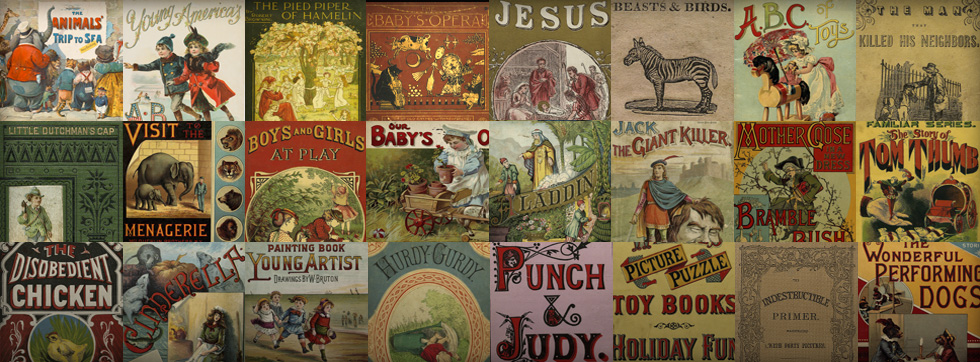
Legislative and Executive Publications. Complete collections of 2021 federal government documents, including Hearings, Bills and Resolutions, Regulatory Insight, and Executive Branch Documents, along with Legislative Insight 2013-2021. Access courtesy of the UConn Law Library.
Popular Culture in Britain and America. Collection of primary source material including manuscripts, images, and video content highlighting popular culture from 1950-1975.
Race Relations in America. Collection of records, images, case studies, audio recordings, and surveys from the Fisk University race relations department and its annual institute between 1943 and 1970.
Times Literary Supplement Historical Archive. Complete full text of five additional years (2015-2019) of the Times Literary Supplement.
Scholarly eJournals
Elsevier Journal Backfiles (search ScienceDirect). Complete runs of 380+ Elsevier journals from their first volume and issue through 1995. Coverage spans the agricultural and biological sciences, earth and planetary sciences, chemical engineering, nursing and health professions, psychology, and clinical medicine. More than 700,000 articles are now immediately accessible.
JSTOR Lives of Literature (informational page). Complete runs of 107 scholarly journals focused on literary authors and texts. Past years’ issues are added annually. Coverage spans medieval, Victorian, and modernist authors along with theorists. To find a journal, please use our Journal Search.

Royal Society of Chemistry Journals Archive (informational page). Complete runs of dozens of Royal Society of Chemistry journals from their first volume and issue through 2007. More than 260,000 articles are now immediately accessible. To find and access any of these journals’ archives, please use our Journal Search.


